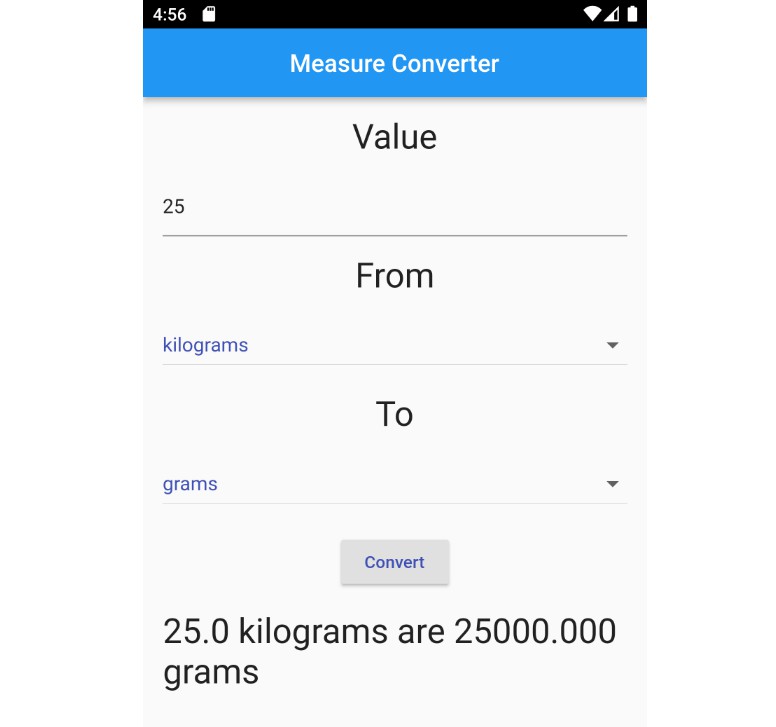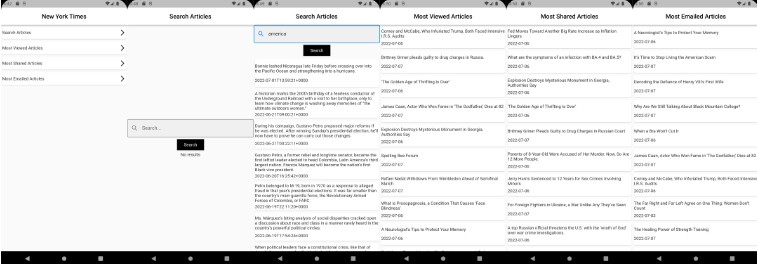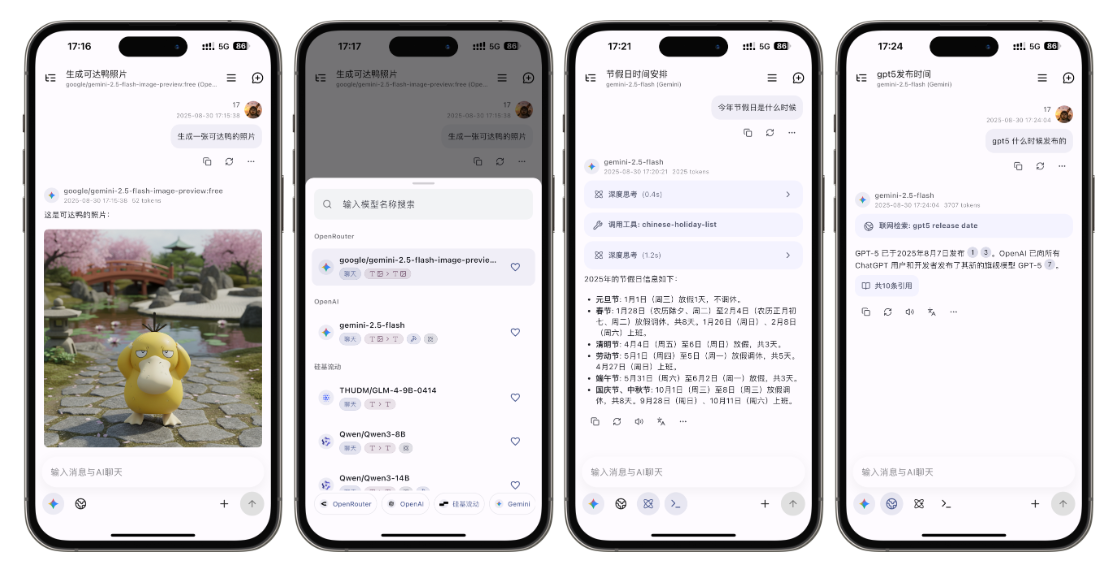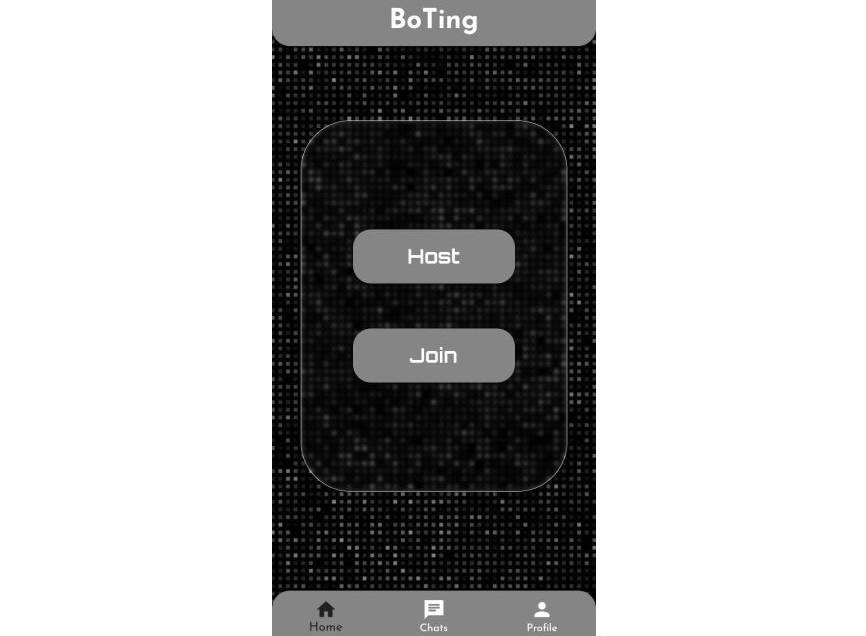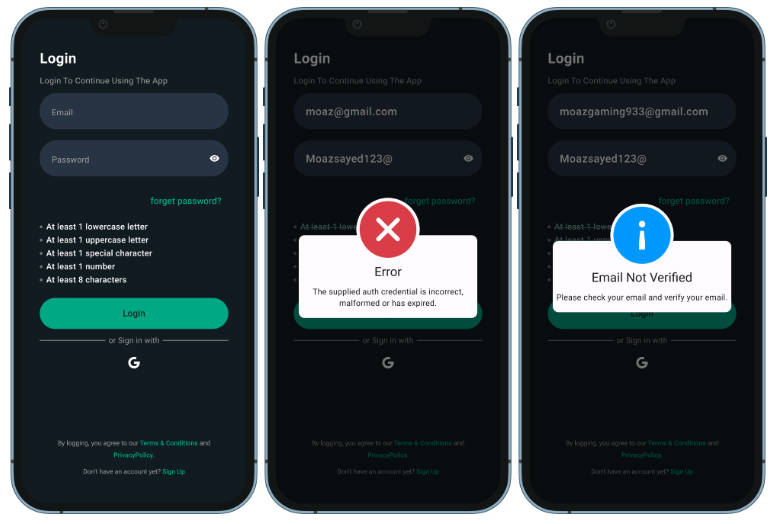Happy Chat
This is the Flutter version of the Happy Chat app build during the Happy Hour stream by Supabase.
SQL
We use CITEXt postgres extention in this app. In order to enable this extention, go to Database -> Extentions and find CITEXT extention and enable it!
create table if not exists public.profiles (
id uuid references auth.users on delete cascade not null primary key,
username citext not null unique,
-- using the same regex as instagram to check for username format
constraint username_validation check (username ~* '^(?!.*\.\.)(?!.*\.$)[^\W][\w.]{0,29}$')
);
comment on table public.profiles is 'Holds all of users profile information';
create table if not exists public.rooms (
id uuid not null primary key default uuid_generate_v4(),
name text,
created_at timestamp with time zone default timezone('utc' :: text, now()) not null
);
comment on table public.rooms is 'Holds chat rooms';
create table if not exists public.room_participants (
profile_id uuid references public.profiles(id) on delete cascade not null,
room_id uuid references public.rooms(id) on delete cascade not null,
created_at timestamp with time zone default timezone('utc' :: text, now()) not null,
primary key (profile_id, room_id)
);
comment on table public.room_participants is 'Relational table of users and rooms.';
create table if not exists public.messages (
id uuid not null primary key default uuid_generate_v4(),
profile_id uuid default auth.uid() references public.profiles(id) on delete cascade not null,
room_id uuid references public.rooms(id) on delete cascade not null,
content varchar(500) not null,
created_at timestamp with time zone default timezone('utc' :: text, now()) not null
);
comment on table public.messages is 'Holds individual messages within a chat room.';
-- Enable realtime for messages table
alter publication supabase_realtime add table public.messages;
-- Returns true if the signed in user is a participant of the room
create or replace function is_room_participant(room_id uuid)
returns boolean as $$
select exists(
select 1
from room_participants
where room_id = is_room_participant.room_id and profile_id = auth.uid()
);
$$ language sql security definer;
-- *** Row level security polities ***
alter table public.profiles enable row level security;
create policy "Public profiles are viewable by everyone." on public.profiles for select using (true);
alter table public.rooms enable row level security;
create policy "Users can view rooms that they have joined" on public.rooms for select using (is_room_participant(id));
create policy "Users can update the rooms that they are in." on public.rooms for update using (is_room_participant(id)) with check (is_room_participant(id));
alter table public.room_participants enable row level security;
create policy "Participants of the room can view other participants." on public.room_participants for select using (is_room_participant(room_id));
alter table public.messages enable row level security;
create policy "Users can view messages on rooms they are in." on public.messages for select using (is_room_participant(room_id));
create policy "Users can insert messages on rooms they are in." on public.messages for insert with check (is_room_participant(room_id) and profile_id = auth.uid());
-- Creates a new room and inserts the caller
create or replace function create_room(name text default null)
returns rooms as
$$
declare
v_room rooms;
begin
insert into public.rooms (name)
values(create_room.name)
returning * into v_room;
insert into room_participants(room_id, profile_id)
values(v_room.id, auth.uid());
return v_room;
end
$$ language plpgsql security definer;
-- Function to create a new row in profiles table upon signup
-- Also copies the username value from metadata
create or replace function handle_new_user() returns trigger as $$
begin
insert into public.profiles(id, username)
values(new.id, new.raw_user_meta_data->>'username');
return new;
end;
$$ language plpgsql security definer;
-- Trigger to call `handle_new_user` when new user signs up
create trigger on_auth_user_created
after insert on auth.users
for each row
execute function handle_new_user();
